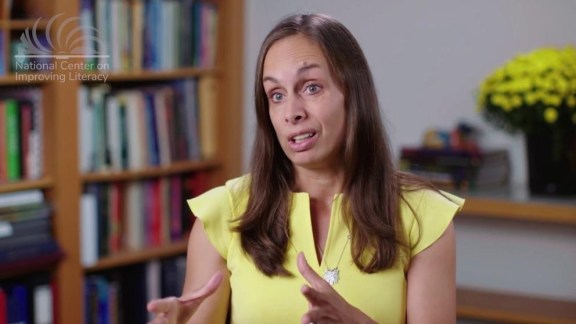This type of weakness is called Dysphonetic Dyslexia or Auditory Dyslexia. People with this type of dyslexia have a harder time processing the individual sounds that make up spoken words and they have a harder time mapping the sound, or phoneme, to the written letter, or grapheme.
Feel free to share with your friends what you've discovered!
What is the difference between dyspraxia and dyslexia?
There are learning difficulties that can cause children and adults to struggle at school, and so what is the difference between them? Literacy skills such as reading, writing and spelling are important indicators of dyslexia. On the other hand, there is more of a focus on movement and planning difficulties.
Dyspraxia is a form of developmental coordination disorder, according to the Dyspraxia Foundation.
The symptoms and consequences of the two disorders are not exactly the same. In this article, we are going to find out what the differences are between the two disorders, how to recognize them, and what their causes are.
The conversation went on for a while and we talked about other disorders as well. These are some of the conditions that can be part of a diagnosis of dyslexia. The video that was published by the British Dyslexia Association is a great explainer for the condition.
→ When to Test for Dyslexia: Best Age and Practices
What is attentional dyslexia?
In a study that compared the attention functioning of children with and without attention deficit disorder, 3 we are able to explore if the witnessed attention function that was impaired was the one suspected under a general attentional hypothesis for each dyslexia. There is a table called Table 3.
There are two types of attention deficits for the participants who had both dyslexia and attention deficit disorders.
→ Typography and Dyslexia: Is Times New Roman Friendly?
What is speech dyslexia?
A severe form of speech unintelligible may be referred to as apraxia of speech or a child's speech unintelligible. There is a chance that a language delay may cause a child to have apraxia of speech before they are two years old. Speech and language therapy can be used to help with apraxia.
→ Dyslexia and Anger: Managing Emotional Challenges in Education
What is a dyslexic person good at?
Dyslexics excel in both music and the arts. Cher, John Lennon, and Carly Simon are examples of dyslexic people with celebrated musical talent.
Evidence shows that dyslexics are more likely to think in images and that the dyslexic brain is more skilled in visual processing and can consider objects from a greater number of angles. Both Picasso and Pollock were born with learning disabilities.
It can be hard to make sense of everything you are reading or learning when you getbogged down in details. A combination of creativity and reasoning skills is what many dyslexics excel at, and the average person with dyslexia does not do that well.
They are more likely to take a new approach to an issue and discover connections that have been missed by others. They are good at bringing together information and resources from different disciplines and can be skilled inventors.
One of the most well-known examples of someone who thinks outside of the box is Richard Branson. He says his greatest strength is his ability to read and comprehend.
Dyslexics are able to see concepts with a big picture perspective. Dyslexics have a large spoken vocabulary for their age, and are more curious, creative, and intuitive than average.
